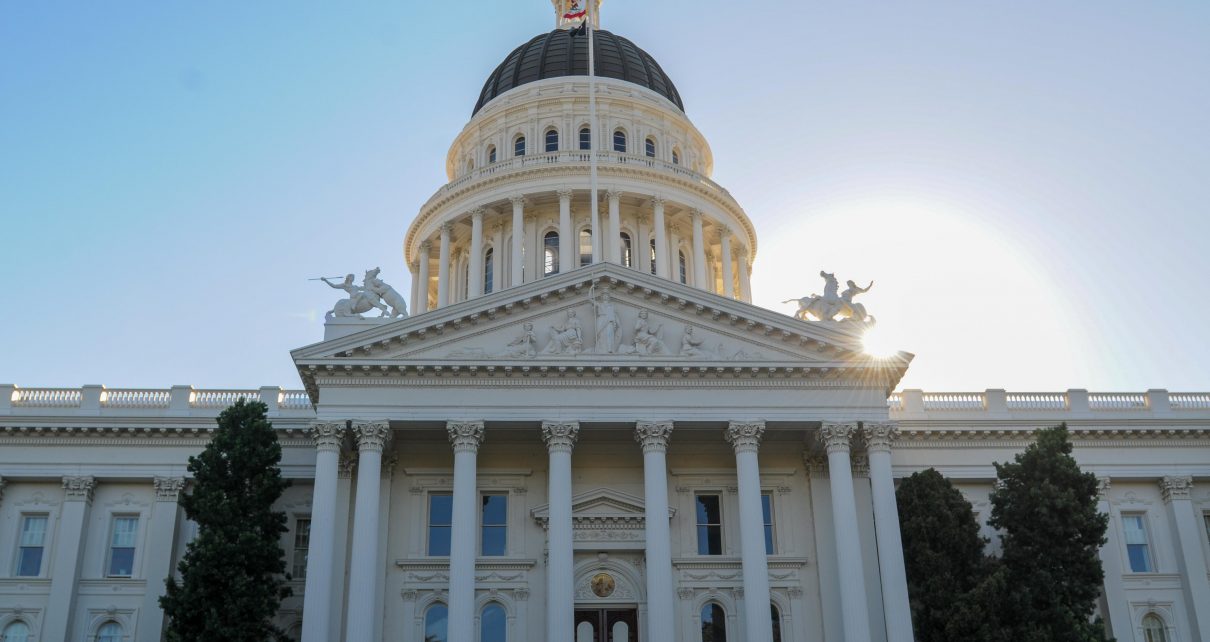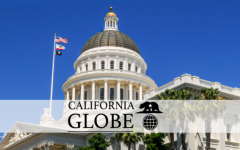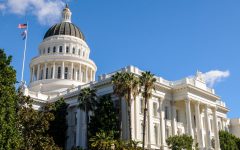
California State Capitol. (Photo: Kevin Sanders for California Globe)
Defamation Claims in California
Defamation comes in two forms: libel or slander
By Chris Micheli, February 2, 2023 1:23 pm
What are forms of defamation in California? Civil Code Section 44 provides that defamation comes in two forms: libel or slander. In short, libel is written defamation and slander is verbal defamation.
Civil Code Section 45 provides that libel is “a false and unprivileged publication by writing, printing, picture, effigy, or other fixed representation to the eye, which exposes any person to hatred, contempt, ridicule, or obloquy, or which causes him to be shunned or avoided, or which has a tendency to injure him in his occupation.”
Section 45a defines “libel on its face” as libel which is defamatory of the plaintiff without the necessity of explanatory matter, such as an inducement, innuendo or other extrinsic fact. In addition, defamatory language not libelous on its face is not actionable unless the plaintiff alleges and proves that he has suffered special damage as a proximate result.
Section 46 provides that slander is a false and unprivileged publication, orally uttered, and also communications by radio or any mechanical or other means. These oral statements (1) charge any person with crime, (2) impute the present existence of an infectious, contagious, or loathsome disease, (3) tend directly to injure the person in respect to his office, profession, trade or business, (4) impute impotence or a want of chastity, or (5) causes actual damage.
Section 47 provides that a privileged publication or broadcast is one made (1) in the proper discharge of an official duty (2) in any legislative proceeding, (2) judicial proceeding, (3) in any other official proceeding authorized by law, or (4) in the initiation or course of any other proceeding authorized by law, except certain specified occasions.
In addition, this subdivision does not make privileged any communication made in furtherance of an act of intentional destruction or alteration of physical evidence undertaken for the purpose of depriving a party to litigation of the use of that evidence. This subdivision does not make privileged any communication made in a judicial proceeding knowingly concealing the existence of an insurance policy or policies.
Moreover, this subdivision does not make privileged any communication between a person and a law enforcement agency in which the person makes a false report that another person has committed, or is in the act of committing, a criminal act or is engaged in an activity requiring law enforcement intervention, knowing that the report is false, or with reckless disregard for the truth or falsity of the report.
- Corporate Securities Law of 1968 - February 8, 2026
- Deposit of Unclaimed Property in California - February 8, 2026
- Is There a Funding Requirement for Prop. 36? - February 7, 2026





One thought on “Defamation Claims in California”